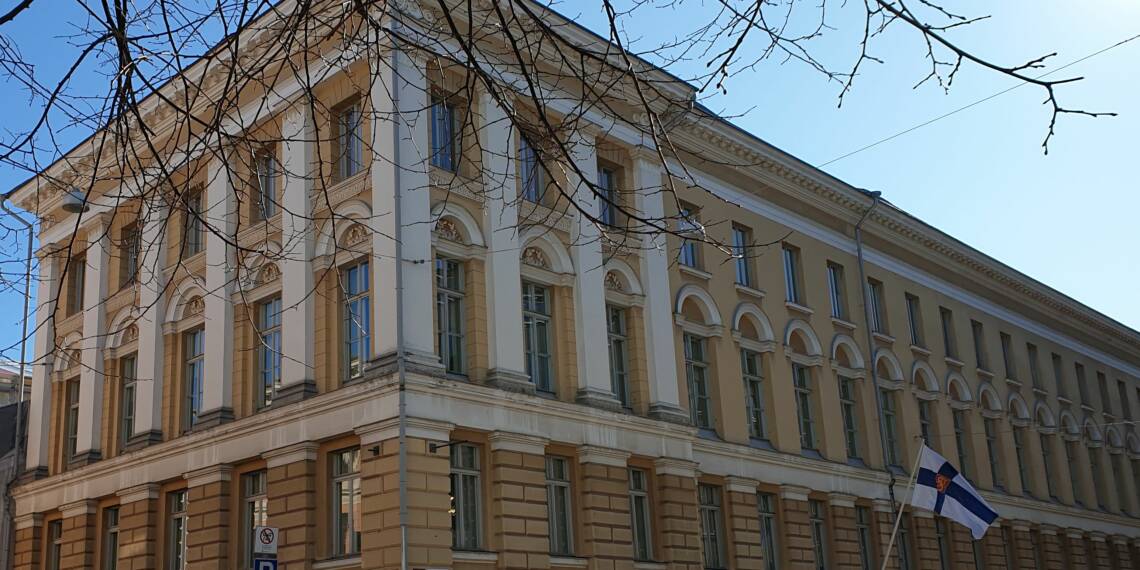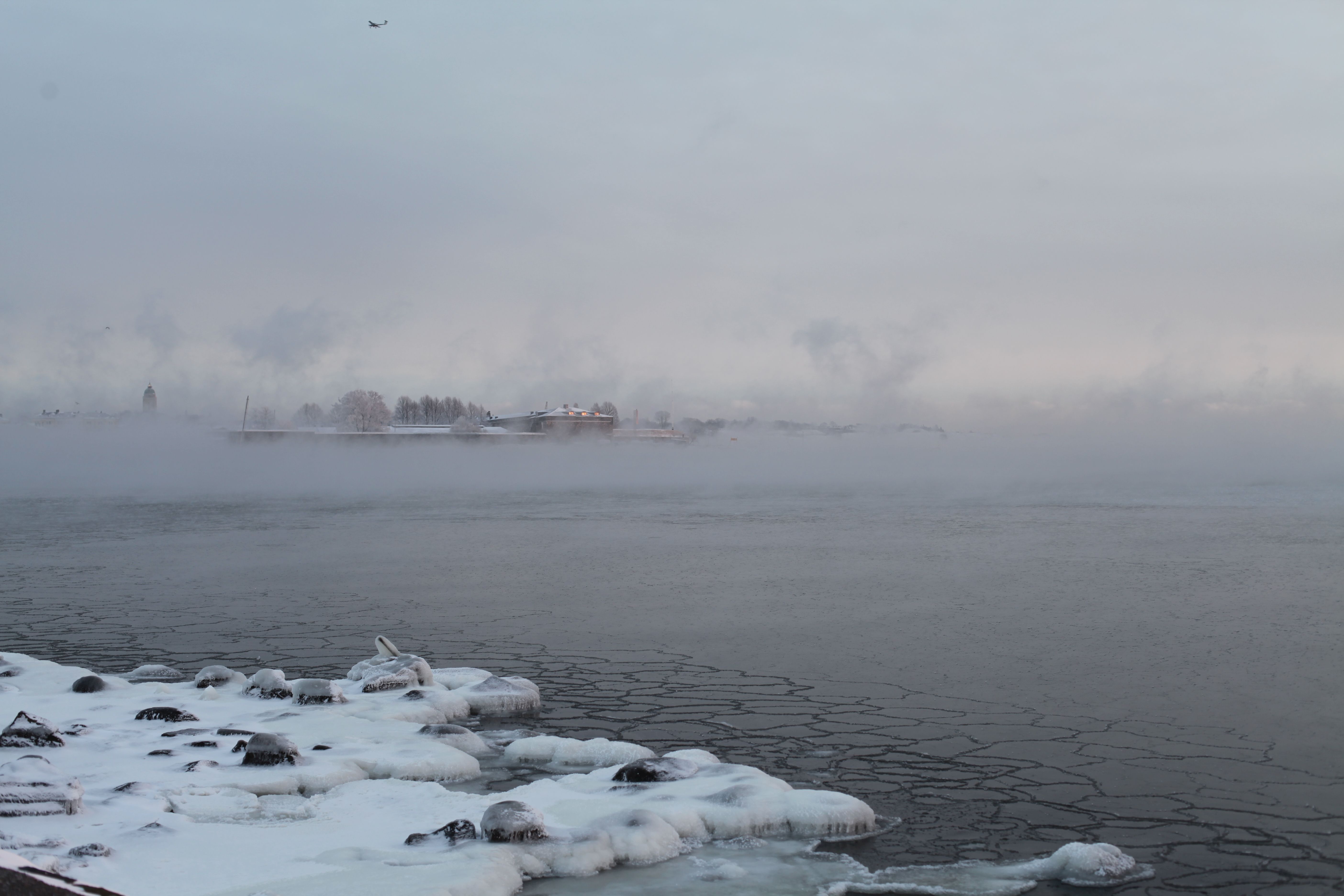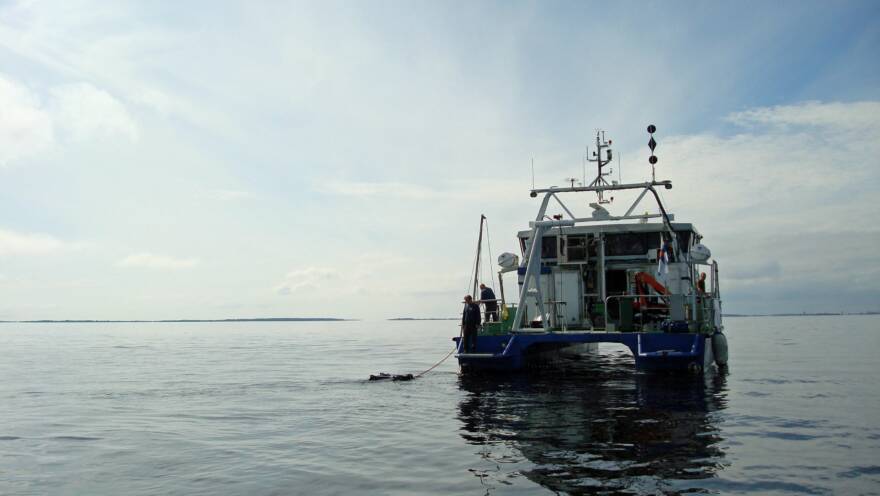
The University of Helsinki conducts extensive, multidisciplinary Baltic Sea research
The University of Helsinki is the oldest and largest science academy in Finland with an international scientific community of 40,000 people. In global comparisons, it is usually ranked among the top 100 universities in the world.
The University of Helsinki seeks solutions to global challenges and creates new thinking for the benefit of mankind. It has been building society, civilisation, and well-being with the power of science since the year 1640.
Finland’s largest multidisciplinary Baltic Sea research centre
The University of Helsinki is the largest multidisciplinary centre for Baltic Sea research and teaching in the country, offering thematic tuition in almost every faculty. The focus of empirical research on the Baltic Sea ecosystem takes place at the Tvärminne Zoological Station.
The University shares a professorship in the economics of Baltic Sea conservation with the City of Helsinki. As a result, there has been an increase in research investment in environmental economics focusing on the interaction between man and marine nature. This field of research is relatively young, and the professorship is probably the only one focusing specifically on the economic issues of protecting the Baltic Sea.

The university conducts its own Baltic Sea research and participates in projects with external bodies
Some examples of other ongoing Baltic Sea research at the University of Helsinki:
- Fisheries and Environmental Management (FEM). This research group focuses on the interaction between society and ecosystems. It examines, among other things, the management of alien species introduced by shipping and how they cope with disturbances caused by society and the environment.
- Improving the quality of the Archipelago Sea by applying gypsum to agricultural fields (SAVE project). As its name suggests, this project tests whether gypsum can be used to improve the state of the Baltic Sea.
Other research subjects focus on shipping and port discharge management and their related legislation, the sustainable use of fish stocks in the Baltic Sea, as well as the archaeological history of the Baltic Sea region.
The University of Helsinki participates in several research centres and projects of other actors, such as the Kotka Maritime Research Centre, known as Merikotka (Sea eagle), which is a research centre for maritime transport, maritime security, and the marine environment.
In addition, the University of Helsinki is a member of the Finnish Marine Research Infrastructure Consortium (FINMARI), which brings together key Finnish marine research infrastructures and develops equipment to meet the needs of cutting-edge research.
-
 Find out more
Find out moreTvärminne Zoological Station
-
 Find out more
Find out moreFINMARI – a consortium for marine research

